How "Real" Are We? Does Everything Ultimately Boil Down to Math?
Everybody's familiar with the teleporter problem, but for the sake of the few who will be lost going forward if I don't cover it upfront, here goes: Let's say there are two teleporter booths. The inventor demonstrates the technology by climbing into one booth, shutting the door, then emerging from the other.
He invites you to try, but you want to know how it works first. So he reveals that when he got into the first booth and closed the door, he was destroyed, broken down to his constituent atoms. Then he was reconstituted in the second booth.
People give some very interesting, varied answers when asked about this scenario. For example, does it matter to you whether the second booth uses the broken down atoms from the original "you" to create the copy? Is it really even a copy then, or just something that was taken apart and put back together?
Does it really, truly matter whether the original atoms or different ones are used to create the copy, if the arrangement of those atoms in the copy is identical to the original? Atoms are atoms, right? Many will say that it's not really "you" if the atoms are put back together in the second chamber, but it is really you if you're broken down to atoms for a split second and then immediately reassembled from those same atoms. Isn't that weird? Why do they feel that way?
I put it to you that our identity is not bound up in the specific atoms we are currently made out of. After all, every seven years our bodies have almost completely rebuilt themselves out of new atoms. So you are made from different atoms now than you were seven years ago. Are you no longer yourself because of it? Of course, that's nonsense. But it means we aren't the atoms we are made of. We are their configuration.
This raised the next topic of discussion. If we are the arrangement of the atoms comprising us (including how it changes over time) then we are information. That arrangement is just information. A perfect description of a human being's atomic structure is, in effect, the essence of that person. Isn't it?
Does it matter if we're discussing a living creature or inanimate object? Consider the replicator from star trek. If it makes a slice of pie, is that pie "not real"? Was the original slice they recorded into the machine the "real" one and every copy of it the replicators makes is "fake"? Or are all the copies just as real as the original?
I mean, even inside of your body right now, your DNA is busy making copies of itself as part of cell replication. Is the copied DNA fake, but the original was real? The original is a copy too, which originated the same way. Living organisms, at the cellular level, so actively self-copy and self-rejuvenate by piecemeal replacement that it muddies the waters when discussing this hypothetical. Why should it matter whether something is replaced little by little, or all at once?
This led to the next question. How does a perfect description of something differ quantifiably from the thing it's a description of? Wouldn't the most accurate representation/description of any object just be an identical object? Moreover, doesn't it follow that every thing is a perfect description of itself? Similarly, if you simulate something perfectly, is it still just a simulation?
This brings us to the main question in the article headline. Math is essentially a universal, deprovincialized means of description that exists outside of language and culture. In principle, there is nothing which cannot be mathematically described, so long as it exists.
If everything in existence can be broken down to a mathematical description, and there is no quantifiable difference between a perfect description of something and the thing it's a description of, does it follow that all of reality is basically just math? Which is to say, information describing the properties and relationships of particles, waves and so on.
Humans have a tough time wrapping our brains around this. Psychological studies performed on children established that from a young age, we have a sentimental notion of the "essence" of something. Even if a child understands that his teddy bear is one of millions of identical mass-manufactured stuffed bears, he will feel that his is special.
When that stuffie, toy, bike or other object becomes worn out and filthy, the child is offered a brand new, identical replacement. But most of the children were unwilling to swap. They had an irrational belief in the specialness of their own toy, stuffie, blanket or whatever.
Adults are not exempt from this effect, developing similar sentimental feelings about their car. Perhaps attributable to how our cars pick up dents and wear that make them unique from others that rolled off the same assembly line? But then, that's true of humans too, isn't it?
We don't start out life with different consciousness. Babies don't have opinions, or distinct personalities. That stuff is accumulated with age and experience, as our interactions with the world shape us into who we are. Like how touching one object to another unavoidably causes it to pick up some of the scent, flavor or other residual qualities.
Try to think of even one element of your personality which was not shaped by past experience. Every individual is basically a remix of all the other people they interacted with, having adopted elements of other personalities that they liked.
Having called into question whether we exist in the material sense as anything other than information, does this not also call into question how "real" our personalities are? If they are just assembled from the experiences we unavoidably have as we move through life, rather than being something that exists from birth or which we invent arbitrarily, I mean.
The more you dig into reality, and in particular the notion of "self", the more it comes apart and evaporates in your hands...as if it was never anything at all to begin with. I digress though. Practical concerns beckon, and there are only so many hours in the day. :)
Stay Cozy!
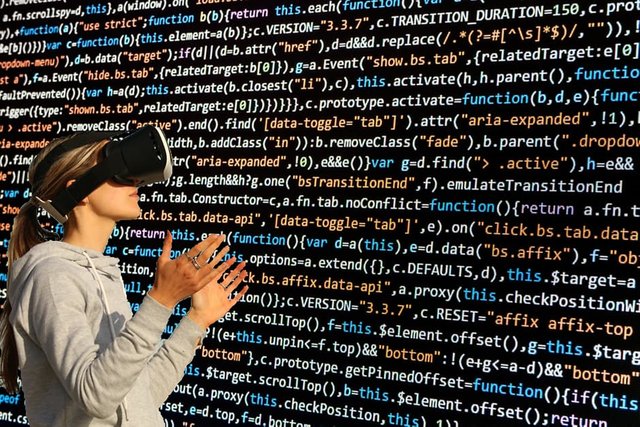
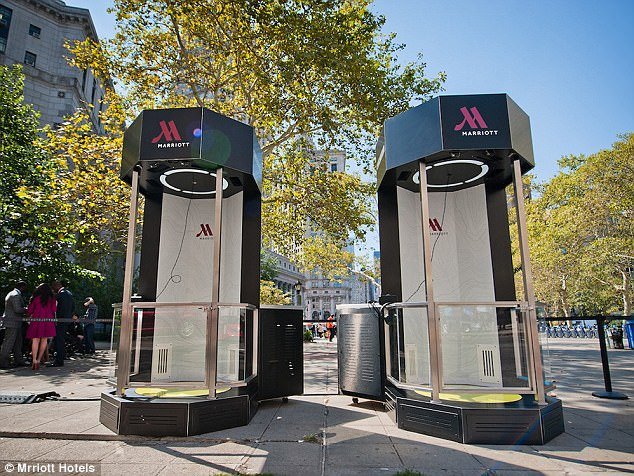

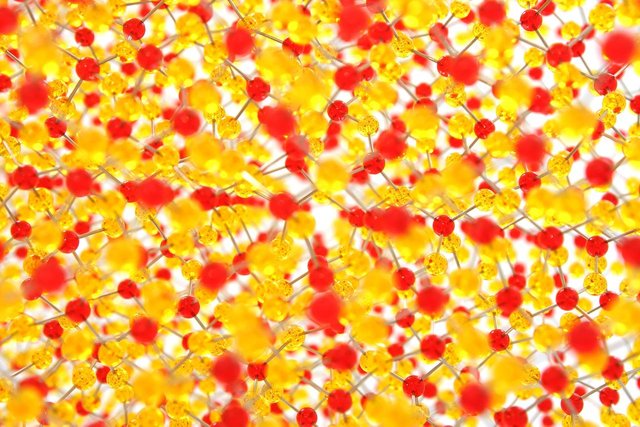
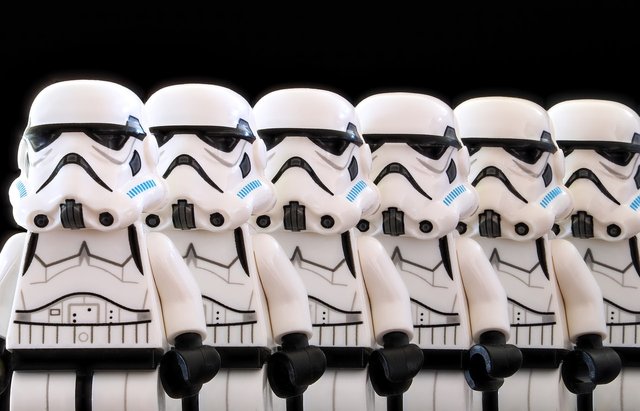
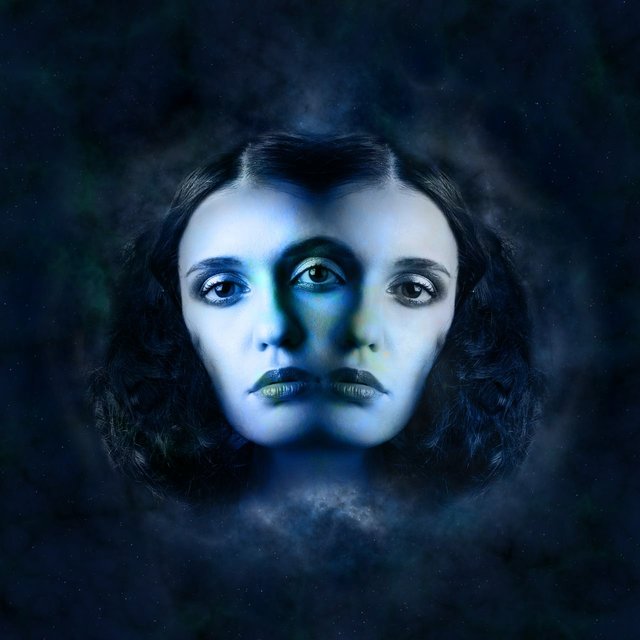
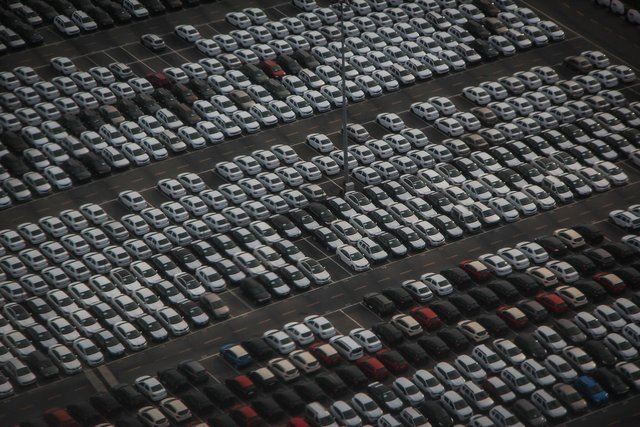

Absolutely we are all nurtured by the experiences and interactions we have... Consciousness doesn't remain the same.. And that we become unique with time... Thanks for the enlightenment bro...
Neither the predetermined, clockwork, nor the the random, quantum paradigms appeal to me as much as the consciousness + information = reality hypothesis of emergence theory.
Planck on, my friend!
Thanks for the excellent article.
Namaste, JaiChai
I’ve always found it interesting that everything in a computer program is generated by 1s and 0s and yet everything in our reality is made of circles and lines. “As above, so below”
Indeed, we are the people we are today because of our previous experiences. and inevitably our personalities were obtained from people we've come across in Life and chose to emulate. I concur with you that our personalities were gained as we evolved through our life experiences.
Yeah that's why we have so many psychopath maniac killers who decided that our reality is fake and they can kill whoever they want.
The case of identical twins and one may ask who is the original and the copy. I have seen my double ganger, though we look alike but the configuration differs.
I really like the subject of moral ethics that mixes with the teleporter. Beyond that we are only atoms, the discussions in the near or distant future where the means of transport begin to talk about the teleporter as "the greatest genocide machine in history", oh man. At last we will be in Blade Runner. "Nobody will be what he was".
And this brings us to the topic that is teleportation possible ?
In order for a human to teleport, each person will need to be represented in transferable data. The transferable data of a human would be represented by the DNA pairs that make up each cell.
The total data for each human cell was calculated as about 10 billion bits and one cell contains enough information to replicate any other type of cell in the body. To rebuild a person, one must know the full information of the traveler’s brain as well, which brings the number of total information content to about 2 followed by 42 or something zeroes. How about that huh ?
And scientists have said that it would take some lakhs of crores years to transfer data alone assuming the bandwidth used is 29.5 to 30 gigahertz.
That’s a great point and I agree! But what about our memories? Our personalities as you mentioned? About what we have already learned?...
Great article though!
http://www.human-memory.net/processes_storage.html
Memories are information stored in the brain as patterns of strong and weak neuronal connections. The brain is constantly rebuilding itself like the rest of the body, albeit much more slowly. This process of rebuilding is precise enough that memories aren't lost in the process.
Very interesting. This would in theory also mean we wouldn’t have to learn enything anymore by going to schools since all information could be programmed to our brain. We wouldn’t have to go to school anymore. Just one press of a button and we would know everything. It sounds exciting, but I really don’t like this idea when it comes to humans since it would possibly drive us insane so much information.
The architecture of the brain is extremely exotic. It's recognizably computer-like, but different from any computer humans have ever built. Recent progress has been made decoding how the brain stores moving images, so that we can even extract and play them back as movies.
However understanding the "file system" of the brain well enough to write data to it is a much harder problem that is decades or even a century off. Some humility is necessary when discussing neuroscience, because the human brain is the most complex object known to exist.
I think Heisenberg's uncertainty principle may enter into this so your copy is not actually a perfect copy. This is because we cannot map exactly where every atom is at a specific time. We might get something a bit like what happened to Michael Keaton in Multiplicity!
Very compelling point! I will have to think about that.